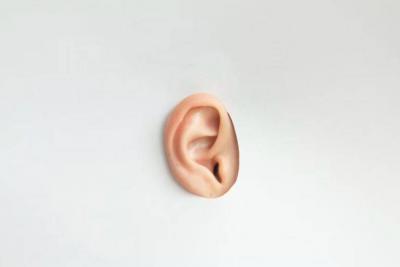Tinnitus can take several forms, including ringing, buzzing, clicking, and humming. It is characterized by its various causes, some of which are unrelated to the ear or hearing. The Cleveland Clinic outlined its main causes and ways to manage it.
**Loud Noises**
Loud sounds can damage the inner ear cells, resulting in random electrical impulses sent to the brain that cause tinnitus. Therefore, it is advisable to use ear protection in noisy environments.
**Earwax**
Random ringing for a few seconds can be explained by an excess of earwax, which can accumulate and block the outer ear. If there is a large amount of wax, cotton swabs should not be used for cleaning, as this could push the wax further inside. Instead, one should visit a doctor to have it removed properly.
**Hearing Loss**
If there is a problem in the inner ear where the cochlea does not receive signals well, it can cause ringing, which is common in cases of hearing loss. A specialist should be consulted, as they may recommend hearing aids.
**Some Medications**
Certain medications can cause or worsen tinnitus, especially pain relievers, antibiotics, some diuretics, antidepressants, and chemotherapy drugs. It is important to consult a doctor if tinnitus appears.
**Dental Problems**
Temporomandibular joint disorders can cause clicking or popping sounds when opening the mouth. Teeth grinding can make tinnitus more pronounced, so it is advisable to see a dentist to address the issue.
**Head and Neck Injuries**
These injuries can harm the inner ear, auditory nerves, or brain functions related to hearing, leading to tinnitus in one ear, which requires a doctor's evaluation.
**Underlying Medical Conditions**
Some underlying health issues are associated with tinnitus, such as diabetes, hypertension, thyroid disorders, some tumors, including acoustic neuroma, and Meniere's disease, which involves abnormal fluid accumulation in the inner ear. This necessitates a medical assessment.
**Vitamin Deficiencies**
There is a strong link between vitamin D deficiency and tinnitus. Additionally, a deficiency in vitamin B12 may lead to ear ringing. Studies have shown that taking vitamin supplements leads to significant improvement after six weeks.




